One thing that puzzles us about dogs is the way so many breeds come with adorable looks as well as fabulous brains. Dogs have different levels of intelligence; certain breeds are smarter than others. Dogs have been known to be able to learn some arithmetic.
While we don’t mind a fluffball that’s just good at sitting (or romping) looking pretty, we do love a dog that captivates us with its puzzle-solving skills.
From highly intelligent dog breeds to those with passable intelligence, all pups can do with some mental stimulation. However, there are dogs that are just better at problem-solving and excel at puzzle toys quickly. This review is all about such exceptionally intelligent pups that love mental challenges and puzzles.
Smart Dog Breeds That Excel In Puzzle Toys
1. Border Collie

Do you know that the world’s smartest dog, “Chaser,” was a Border Collie? Chaser had learned to identify 1,000 proper nouns by Dr. John Pilley and lived to be 15 years old. If you’re a pet parent with a Collie, you already know your pup isn’t just playful but also pretty brainy.
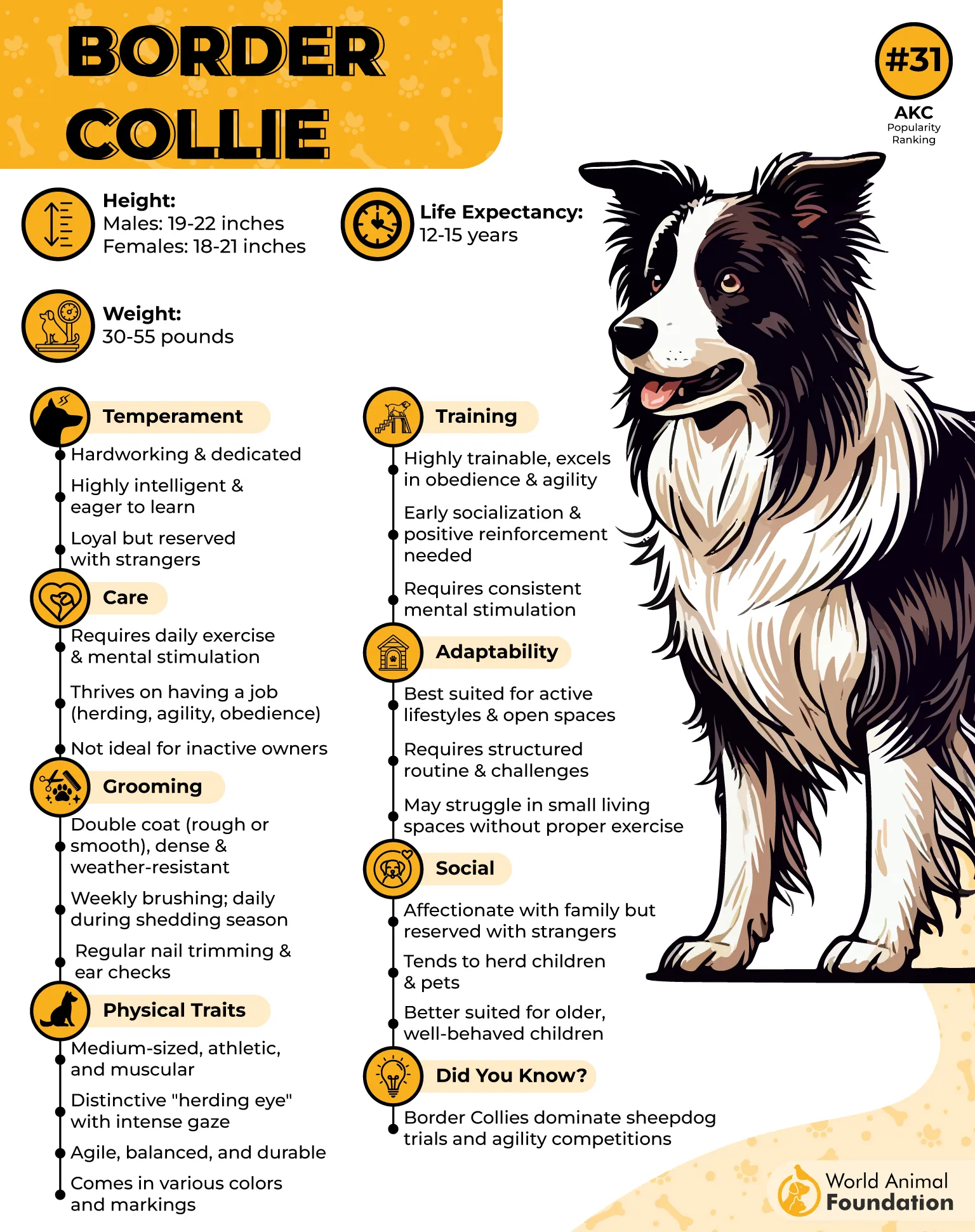
Collies are not just great when it comes to obedience training, but also can be taught sharp problem-solving skills. These versatile dogs become enchanting pets for active families due to their boundless energy, with an intelligence second to none.
So, your pup needs its daily walk and enjoys playing fetch, don’t deny of its mental stimulation activities. Collies, with an IQ higher than many breeds, can master dog puzzles way sooner and faster.
2. Poodle
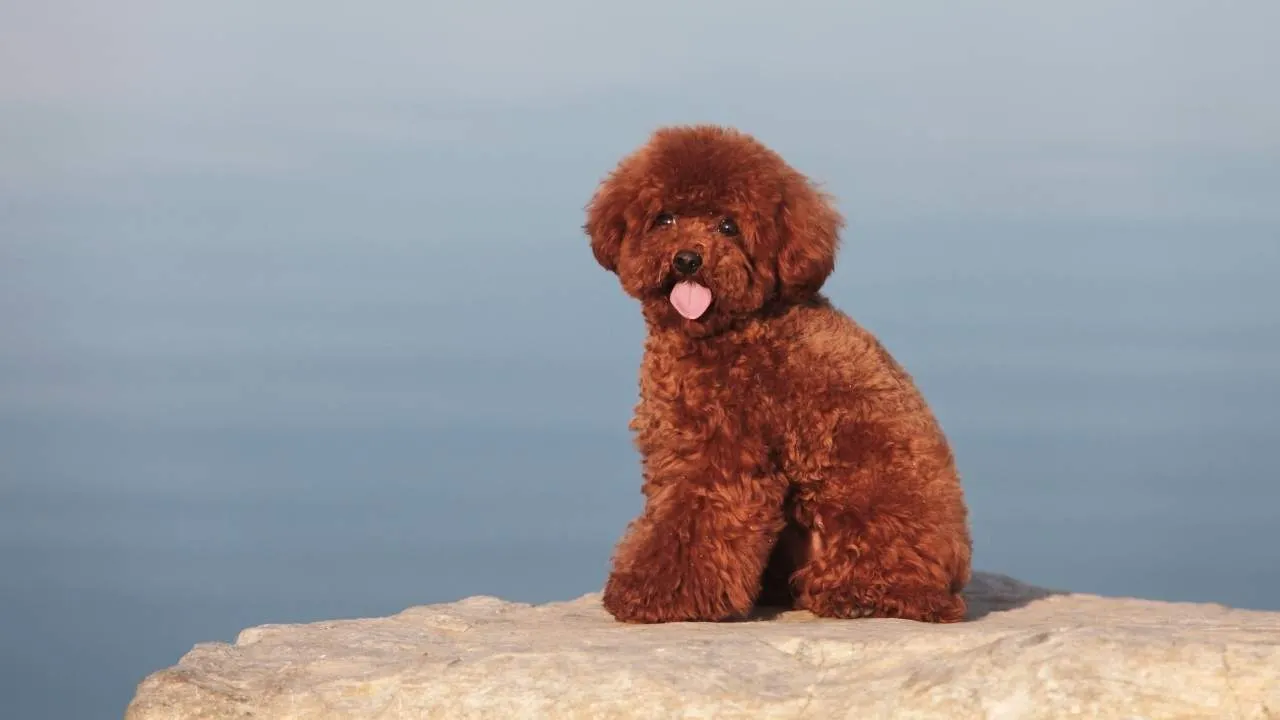
Everybody’s favorite breed, the Poodle, isn’t just unique due to its different sizes and playful nature; it’s also one of the smartest dog breeds. In fact, they’re just second to the Collies in intelligence.
Don’t let their adorable faces and fluffy coats distract you from your Poodle’s sharp brain. They’re not all cuddles and laughter; these pups have got a generous share of doggo IQ from nature.
They were trained as hunting dogs and have an alert nature. As they are people-oriented and good at learning, they become excellent companions for dog owners and even families with kids. As they love engaging with their humans, interactive play, such as puzzle toys.
Poodles are spunky canines that enjoy a lot of games with their humans. Some activities that they will enjoy a lot are agility training, tug of war, problem solving (with rewards), and even hide and seek. Find an easy hiding spot so your pup can find you; it’ll be overjoyed.
3. German Shepherd
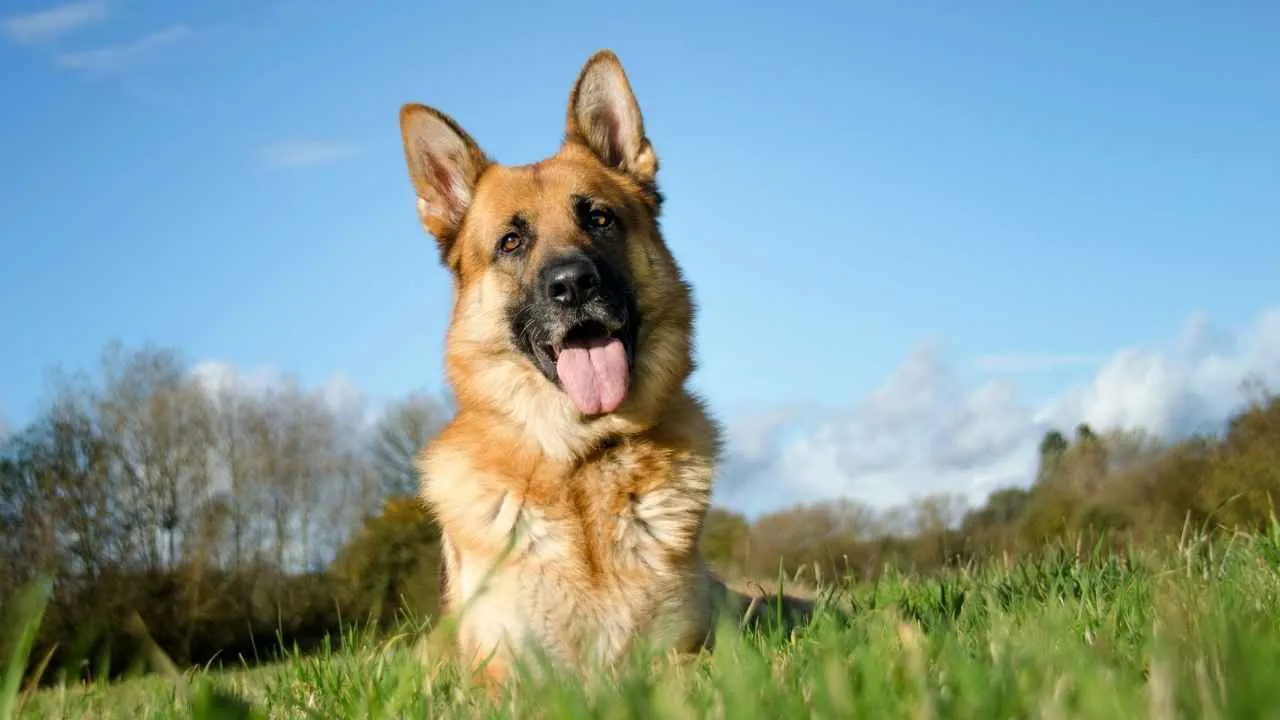
This large and athletic canine inspires a sense of protection and trust in its human companions. But behind the fierce looks is a lot of empathy, kindness, and smartness. Their bravery and alertness have earned them their place as service dogs, rescue dogs, and police dogs.

As German Shepherd is an intelligent working dog breed that loves to get a job done, giving them puzzle toys is a perfect activity for them.
Mental stimulation is just as important for these canines as physical exercise. Early socialization training helps direct their cognitive abilities, making them fantastic partners in games.

German Shepherds can benefit a lot from mental games. While exercise helps them stay healthy and burn off excess energy, mind games like puzzles help them develop important skills that can really be game-changers for any dog.
For example, teaching them creative thinking and helping them deal with stress in unexpected situations are some fruits of mental activities like puzzle toys.
4. Shetland Sheepdog
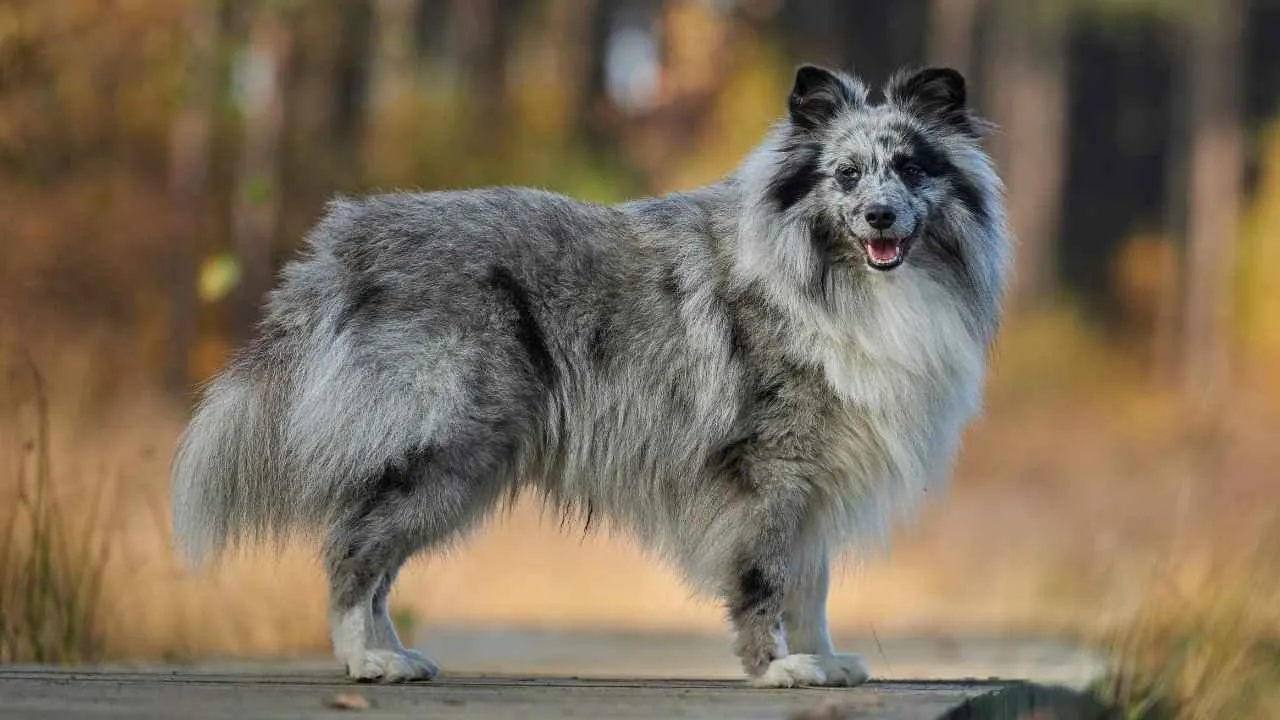
These furballs on four legs are one of the most intelligent dog breeds, known for being quick learners. Shetland Sheepdog, or Shetie, is a herding dog breed of Scottish origin. This energetic pup keeps active owners happy and also provides a fun company for those who love smart dogs.
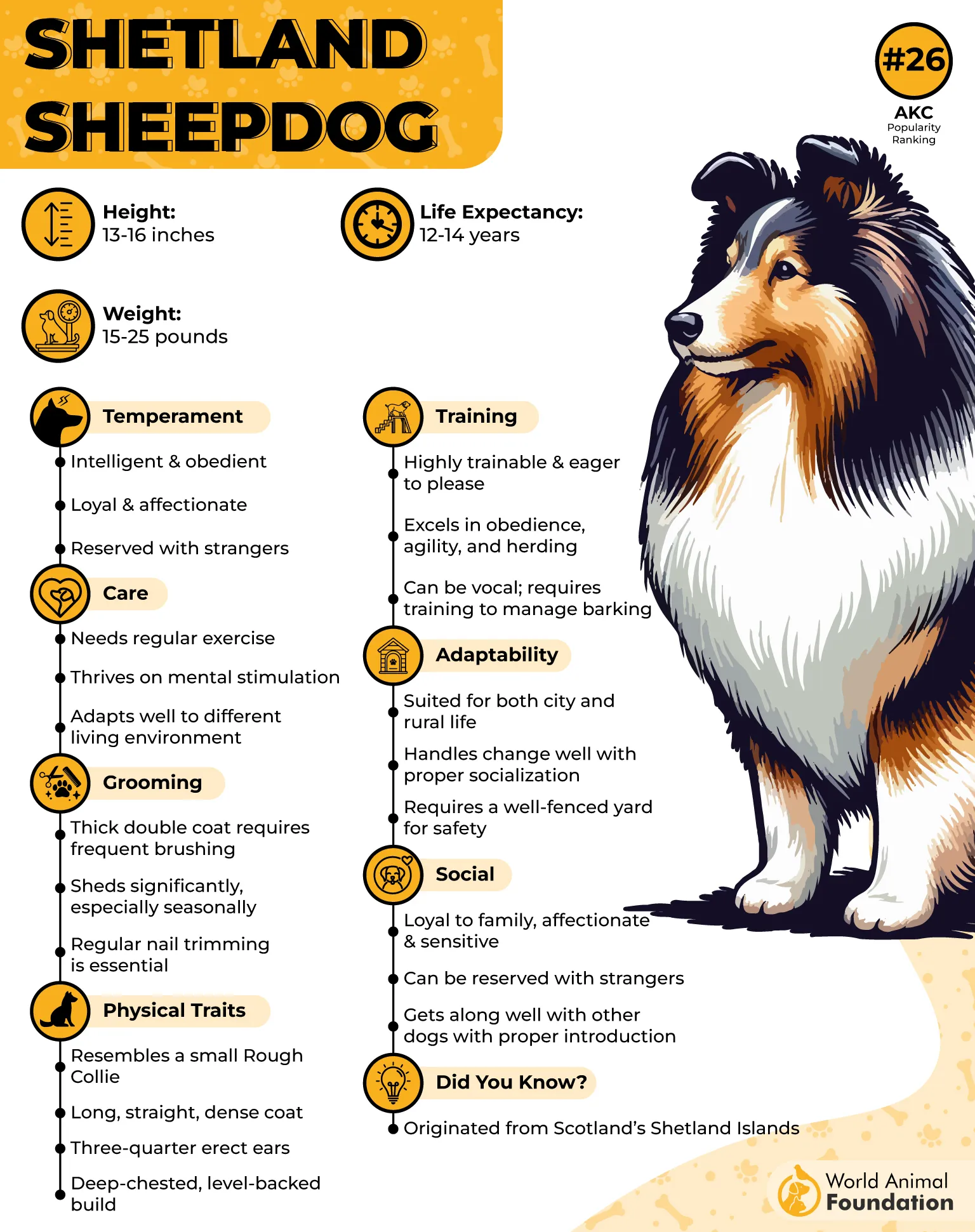
Sheties have high intelligence and energy levels, which means you have to find a way to engage them in physical and mental activity. Eager to keep their owners happy, Shetties love it when they’re given tasks to do. Apart from games like fetch, enrichment toys and puzzles are a great idea to keep them busy. They love it!
Shetties’ herding background can spike their natural instincts to chase moving objects. With early and consistent training, they become amiable dogs and learn to control these urges.
5. Belgian Malinois
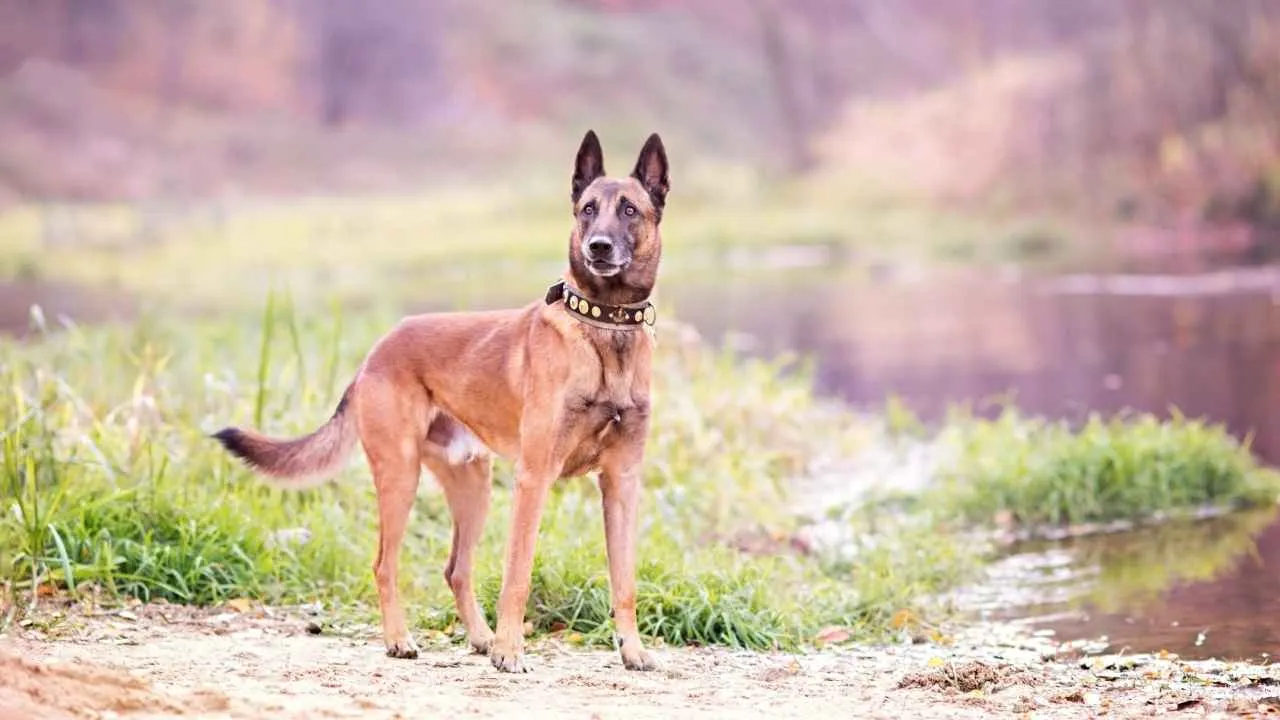
Belgian Malinois are dogs with a gorgeous, smooth coat and medium but athletic build. They were originally bred in Belgium as sheepdogs and still carry a hardy, dedicated, and go-getter nature. They’re highly intelligent dogs and love mental games like solving puzzle toys.
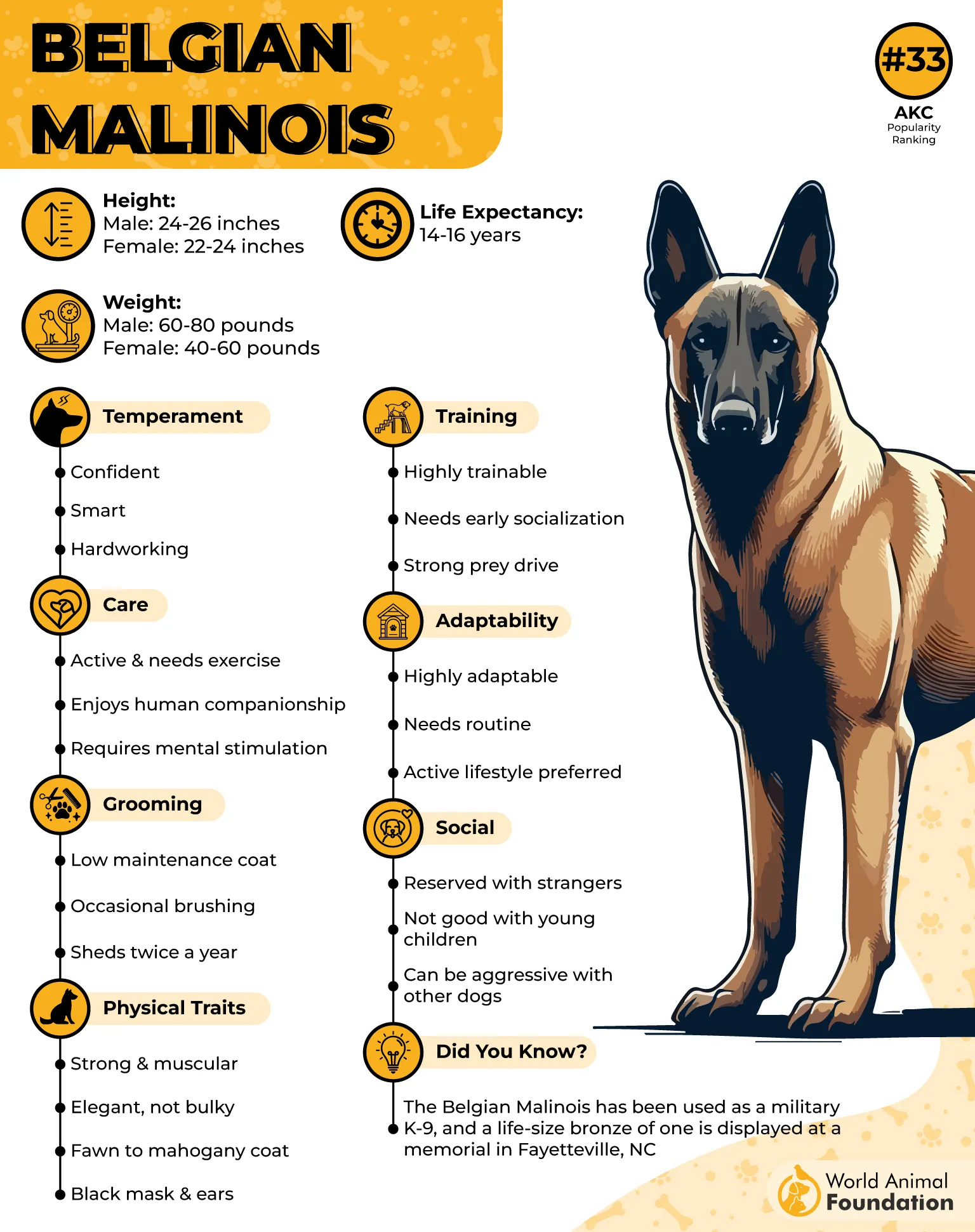
Not for the sedentary and novice owners, Mals are a popular choice for people who love to stay on the move. Mals are generally affectionate pups but need a lot of obedience training. They’re great canines for agility training, hiking, and playing fetch.
With their herding traits, they have an innate, strong desire to go after small animals. Other than teaching them basic commands, mental activity, like puzzle toys, is great to stimulate their brains. They also respond well to positive reinforcements like being given rewards.
6. Golden Retriever

Golden retrievers are the fan favorite, charming dogs with a heart of gold. The sight of them with their smiley faces and their tail wagging brightens our hearts. These kind and affectionate companions are known for being great therapy and service dogs.

Are Golden Retrievers good at solving puzzles? The quick answer is “Absolutely!” These furry angels are highly trainable and quick learners, which makes them great at puzzle toys.
They’re known to do amazingly well in problem-solving activities like complex puzzles, especially if there’s the prospect of treats involved.
Golden Retrievers are energetic dogs who love playtime and outdoor physical activity. If you like to teach your dog new tricks, they’re one of the pups who learn quickly.
7. Doberman Pinscher
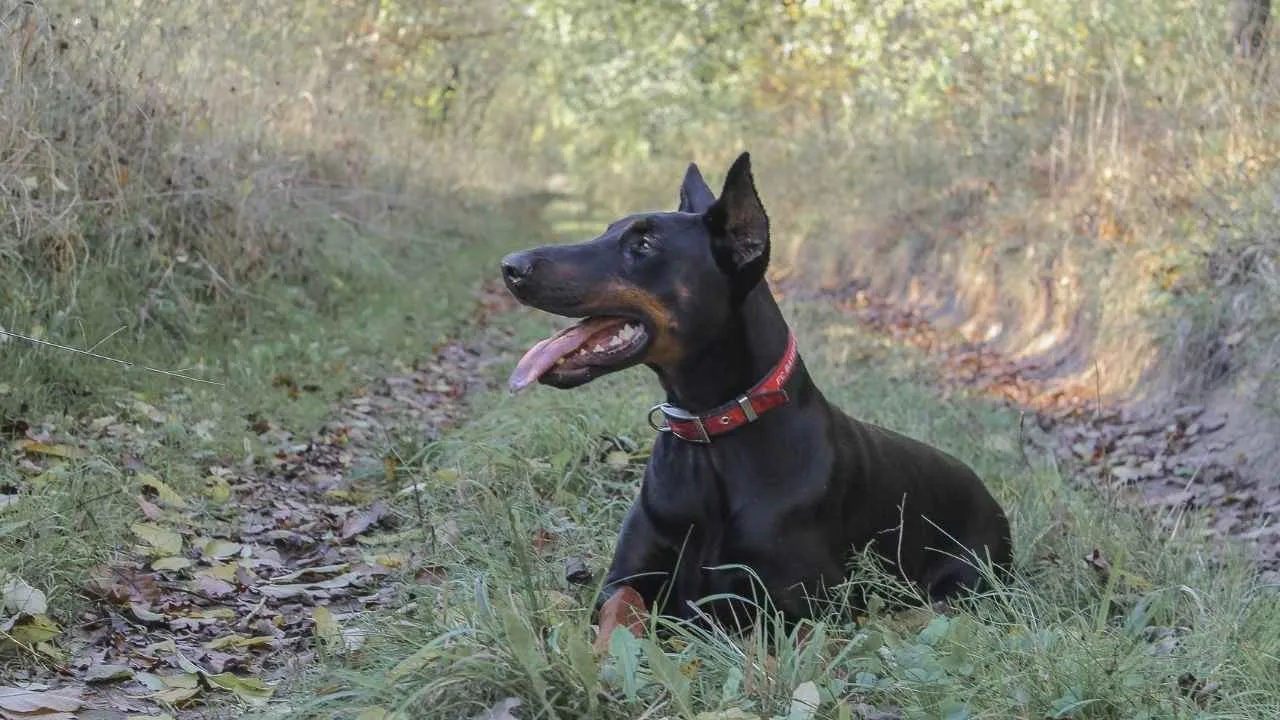
Doberman Pinschers are fiercely protective dogs and masters of solving problems (puzzles). These large and sturdy dogs are a good fit for active owners who know how to handle a strong dog.
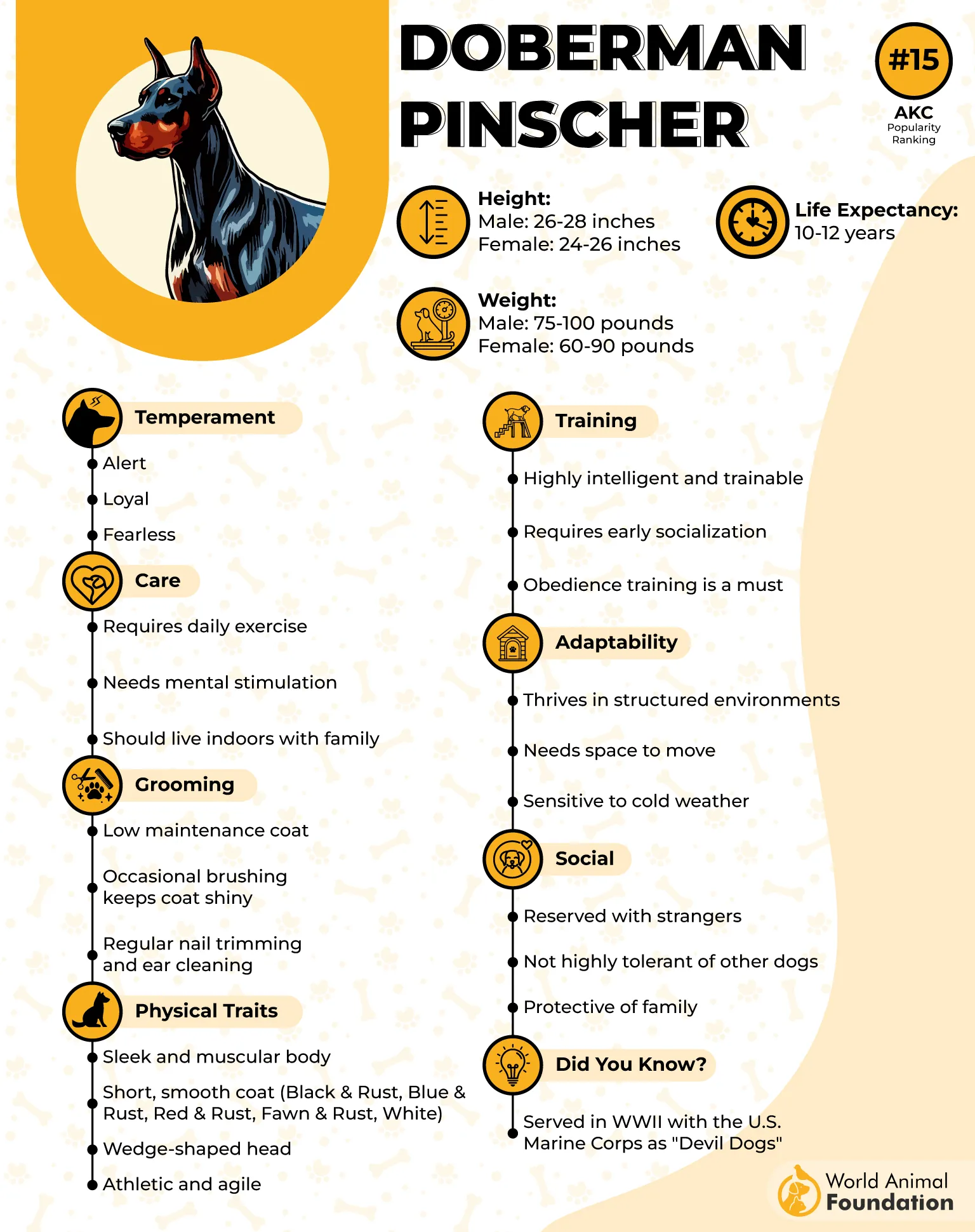
Eager to spend activity-filled time with their owners. While taking them out on hikes is going to please them a lot, it’s also important to have them spend indoor time, engaged in some mental activity.
They’re big dogs and generally respond well to training, but their strength can pose a challenge in handling them.
Due to their size and protective instincts, keeping them on leash when spending time with them outdoors is important. If anything alarms them or they sense a threat, they might freak out a little.
Conclusion
Intelligent dogs can be challenging if they have an independent streak, but with proper training, they provide us with a friendship worthy of nurturing. If you love brain games and puzzles, having a pup that enjoys these activities with you can feel very fulfilling.
If you want to adopt one of these smart and puzzle-friendly dog breeds, find a good and reputable rescue center or a breeder known for ethical practices.


